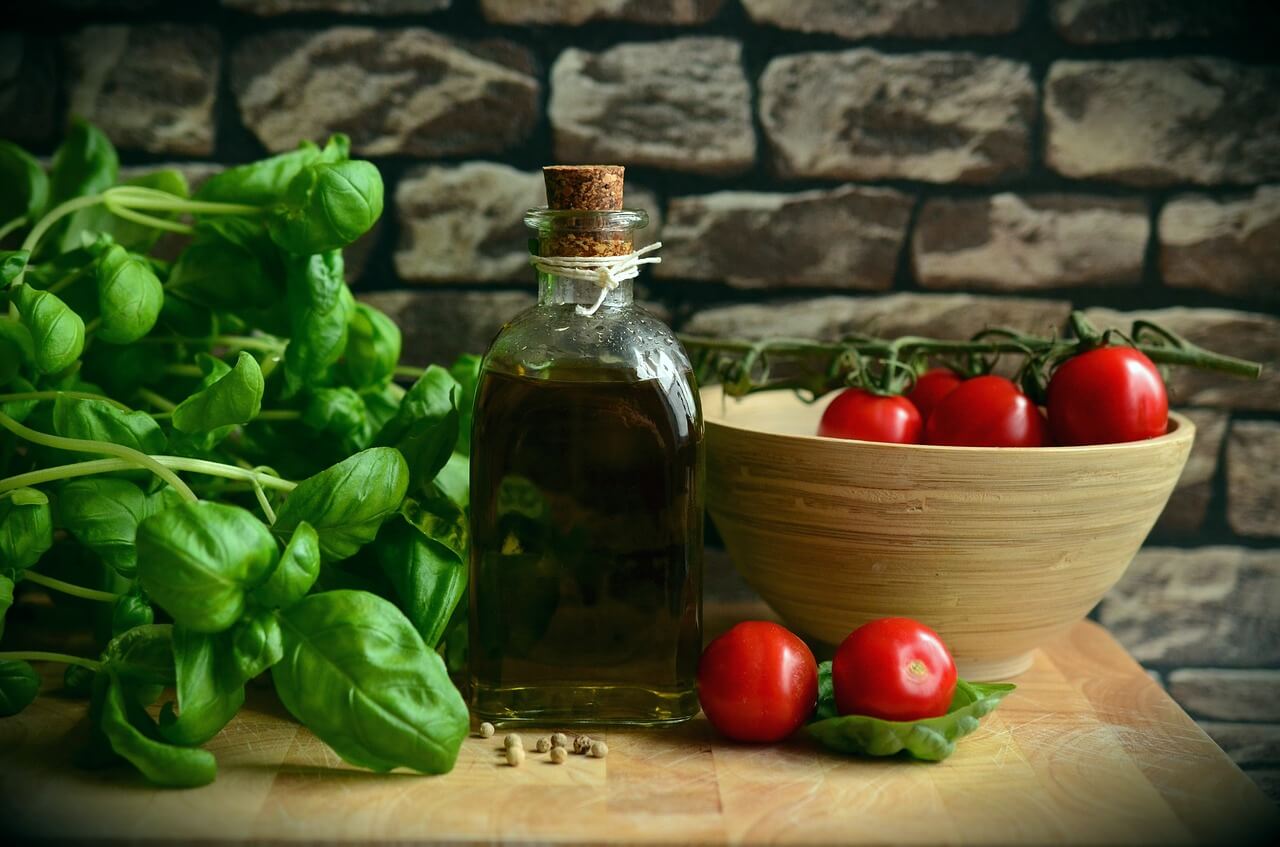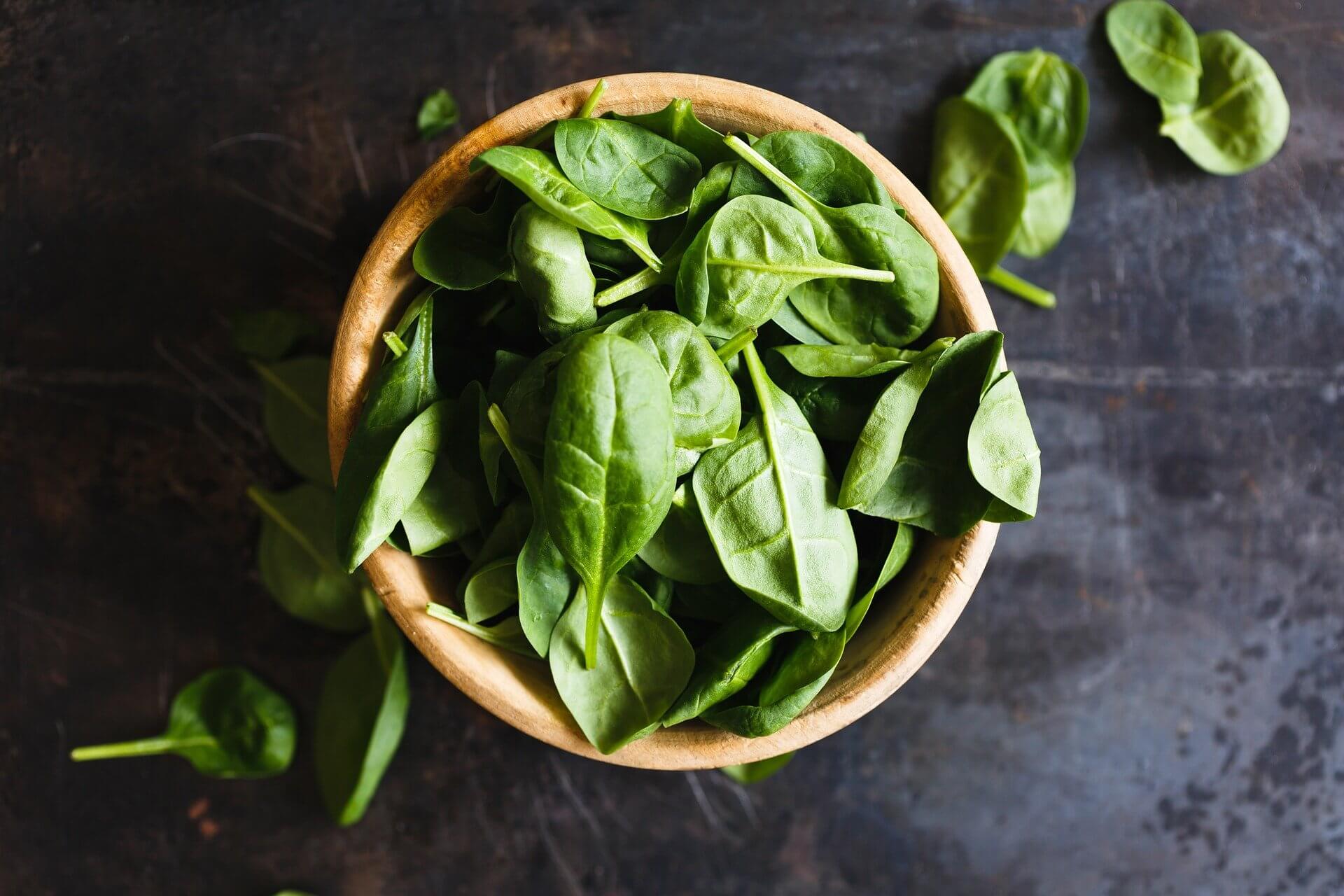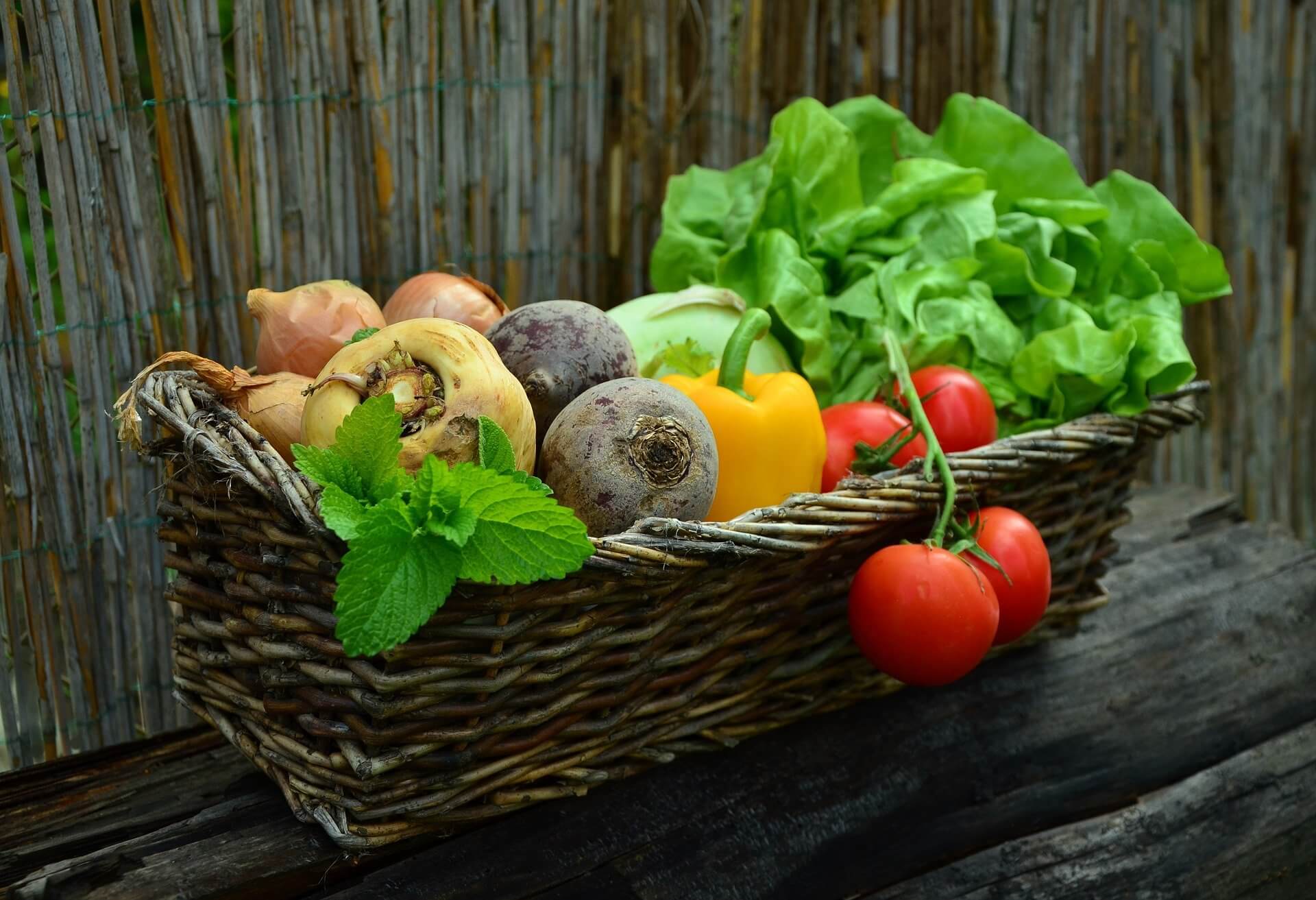If you have decided to make 2021 the year to maintain a healthy weight and also make better food choices, you may want to consider the DASH (dietary approaches to stop hypertension) diet, especially if you have been diagnosed with hypertension. For those who may not be familiar with this diet, it is predicated on reducing sodium and consuming nutrient-dense foods that not only lower blood pressure but also leads to weight loss. Some of the recommended foods on the DASH diet include those that are high in calcium, magnesium, and potassium. If you’re skeptical about this diet, you will be happy to know that it has been ranked the second-best diet of 2021, behind the Mediterranean diet.
WHAT FOODS CAN YOU EAT ON THE DASH DIET?
Because the DASH diet is aimed at reducing sodium intake, you won’t see too much in the way of overly salty foods. Instead, dieters are encouraged to consume fruits and vegetables along with whole grains and low-fat dairy products like yogurt and certain cheeses. As far as sodium intake is concerned, dieters following a standard DASH-based diet should aim to consume no more than 2,300 milligrams of sodium each day. However, theres also a more restrictive variation of this diet where the maximum sodium intake is capped at 1,500 milligrams per day, which is in line with the American Heart Association’s recommendations for adults. A DASH-oriented diet also limits the total calories consumed for each day to 2,000, making it an effective weight loss diet. With these dietary restrictions many attempt to juggle this with other popular diets such as Keto and are able to do so successfully.
CUTTING BACK ON SODIUM WHILE ON A DASH-BASED DIET
While the hallmark of a DASH-oriented diet is low sodium, it does not mean you have to deprive yourself of your favorite foods. Instead, you have to be creative and find equally delicious alternatives. That said, here are some tips to help you further reduce your sodium intake:
- Substitute salt with great-tasting spices
- Limit salt when cooking foods like pasta and rice
- Purchase “no salt” “reduced sodium” foods when possible
Obviously, getting adjusted to eating food with little to no salt will take some time, but it is a great way to lower blood pressure and improve your overall health. It is also worth noting that you can eat small amounts of “regular” food too like red meat and sugary snacks as it will keep you from feeling deprived. To that point, studies have shown that those who feel deprived while on a diet are not as likely to stick to it.
RECOMMENDED SERVINGS WHILE FOLLOWING A DASH-BASED DIET
One of the things that makes a DASH-based diet so appealing is that it is easy to follow, especially when it comes to the recommended servings for each food group. Here is a quick breakdown to help better understand how much of each food you can eat each day:
VEGETABLES
For best result while on a DASH-based diet, you should aim to consume 4 to 5 servings of fiber-rich vegetables per day. These vegetables can include carrots, greens, and sweet potatoes, for example. Although fresh vegetables are ideal, frozen ones can be just as filling and nutritious. If vegetables seem bland and uninspired, consider adding them to a delicious stir-fry as they can take on the flavor of meat, which may make them more palatable.
FRUITS
While on a DASH-based diet, consider making it a point to consume 4 to 5 serving of fresh or frozen fruit per day. Either way, you will be getting a healthy amount of potassium, magnesium, and fiber to help maintain energy levels and also keep you satisfied between meals. Some great fruit choices include apples, peaches, mangoes, and peaches.
LEAN MEATS
When it comes to meats, those following a DASH-oriented diet should aim to consume no more than six servings of lean meat like turkey, fish, or chicken breast, for example, per day. As far as fish are concerned, consider eating tuna, salmon, and other fish that are rich in omega-3 fatty acids as they are known to carry a variety of health benefits like improved heart health, for example. When it comes to meats, you should trim away as much excess fat as possible prior to cooking. Lastly, avoid sauces and marinades that contain excessive salt.
GRAINS
Bread, pasta, and rice are extremely filling and be a great way to keep your energy levels up. That said, you will want to consume an average of 6 to 8 servings of your choice of grains each day. It is also a good idea to choose whole grain over refined grains whenever possible. What difference does it make, you ask? Well, whole grain options will contain a higher percentage of nutrients and fiber. Beyond that, they can keep you satiated longer than refined grains.
FATS
There is a fine line when it comes to fat and oil; the body requires a small amount of fat for the immune system to function properly and to be able to absorb vitamins and nutrients. Too much fat, however, can lead to weight gain and a variety of other health problems. That said, you should aim to consume 2 to 3 servings of fats/oils per day.
CONCLUSION
While the focus of a DASH-based diet is on lowering blood pressure, it is also a great way to lose weight. In fact, many of the foods and serving recommendations on this diet is comparable to what you would find in the Mediterranean diet, which is another popular diet for those seeking to lose weight. Regardless of your choice in diets, it is always a good idea to consult with a physician, dietician, or nutritionist to make sure that the diet is not only sustainable but also fits with your lifestyle.




